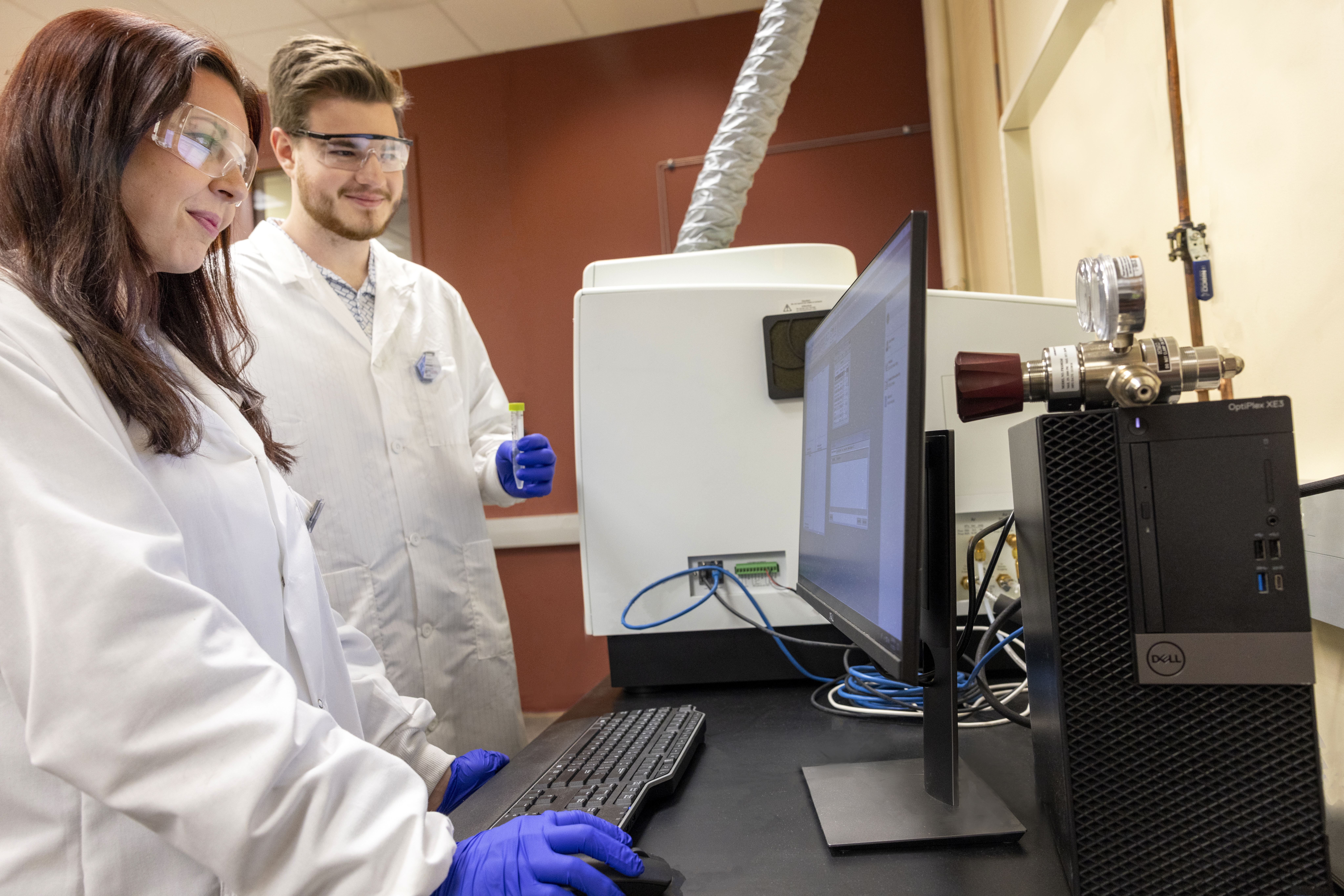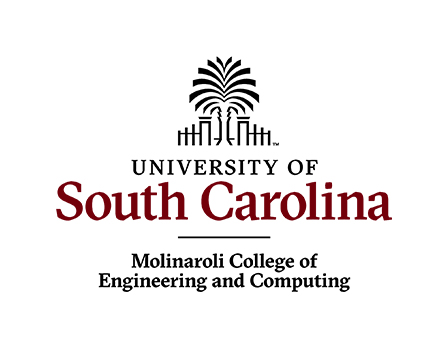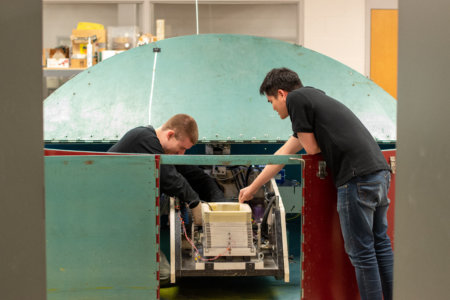After earning his bachelor’s degree, Samuel Drummond was not entirely sure where to take his research. That is, until he came across the Department of Chemical Engineering at the University of South Carolina (USC). “This department works in a number of cutting-edge research directions, especially around new energy sources and carriers – things that I was interested in,” he says. “Here, I have had the tools needed to conduct my research into new energy and have had the opportunity to co-author many papers and presentations at multiple national conferences.”
Research is a big focus at USC. Students, with assistance from faculty members and staff, aim to and get to conduct research that is internationally recognised. Research areas here, including advanced manufacturing, artificial intelligence, energy storage and distribution, intelligent infrastructure, nuclear energy, and transforming health care, consider and contribute to the needs of consumers, industry and government.
Embedded within the Molinaroli College of Engineering and Computing, the Department of Chemical Engineering is where you can be part of this vigorous research environment while pursuing a graduate degree.

The Department of Chemical Engineering aims to advance energy, materials, and medicine through research. Source: University of South Carolina
Research efforts at the forefront of fields
The department’s research strengths cover various sectors related to chemical engineering such as biomedical engineering, catalyst design, evaluation, computational modelling and molecular Engineering, electrochemical engineering, and materials and separations. For example, biomedical engineering researchers are exploring biomaterials and biosensors as well as drug delivery and development whilst nanoscientists expand the study of matter at the nano scale (1 – 100 nm).
Such vigorous work takes place in not a few, but numerous state-of-the-art facilities. These include the Biosensing and Biomarker Research Laboratory, Catalysis for Renewable Fuels SmartState Centre, Centre for Electrochemical Engineering, Centre for Rational Catalyst Synthesis, Heyden Lab, Hydrogen and Fuel Cell Centre, Mustain Laboratory for Electrocatalysts and Fuels, Protein Aggregation and Neuroinflammation Laboratory, Strategic Approaches to the Generation of Electricity, and Uline Research Group.
Nigerian student Mubarak Bello’s current research relies heavily on one of the provided facilities. “My current research focuses on using diverse computational approaches to model and improve different industrial catalytic technologies,” he says. “The college continues to help me make strides in this research area by allowing for an integration of excellent catalysis and engineering expertise with state-of-the-art computing technologies.”
It is only going to get better for students. The college recently received a US$30 million investment/donation which will support the creation of new programmes, student and faculty recruitment, facility and equipment enhancements, and encourage more research start-ups. With this generous contribution, it could and will establish the college as a leading educational and research institution throughout the Mid-Atlantic and American Southeast, as well as being one of the main driving forces behind South Carolina’s economic growth.

College research expenditures have reached an all-time high of USD$65 million. Source: University of South Carolina
“We are grateful for the extraordinary generosity and shared vision for our college’s role in shaping a better future for our state, region and nation,” says Dean Hossein Haj-Hariri. “Their gift will enable us to enhance our educational, research and partnership efforts to transform our state.”
Research here involves partnerships with global laboratories, leading companies, and other universities on a mission to advance the field by creating and improving existing technologies. The battery companies that are investing in South Carolina and collaborating with the faculty here to focus on battery research are one of them.
“Currently, I am conducting my research in collaboration with one of the leading battery industries to optimise battery performance,” student Devadharshini Kathan says. “This collaboration provides valuable opportunities for professional development during [my] Ph.D.
With high research standards and abundant resources, USC ensures a positive impact on my research.”
Want to take your chemical engineering research to the next level? Apply to the Department of Chemical Engineering at the University of South Carolina today.
Follow the University of South Carolina on Facebook, Instagram, and X.













